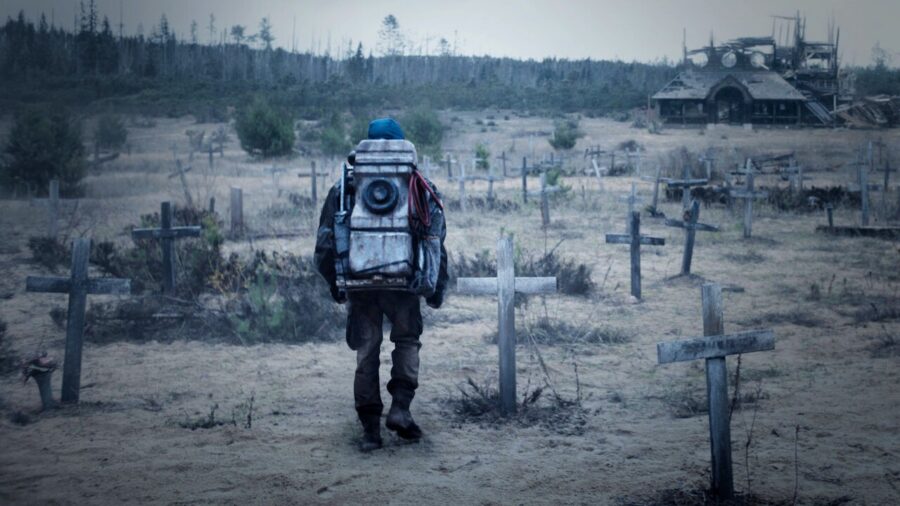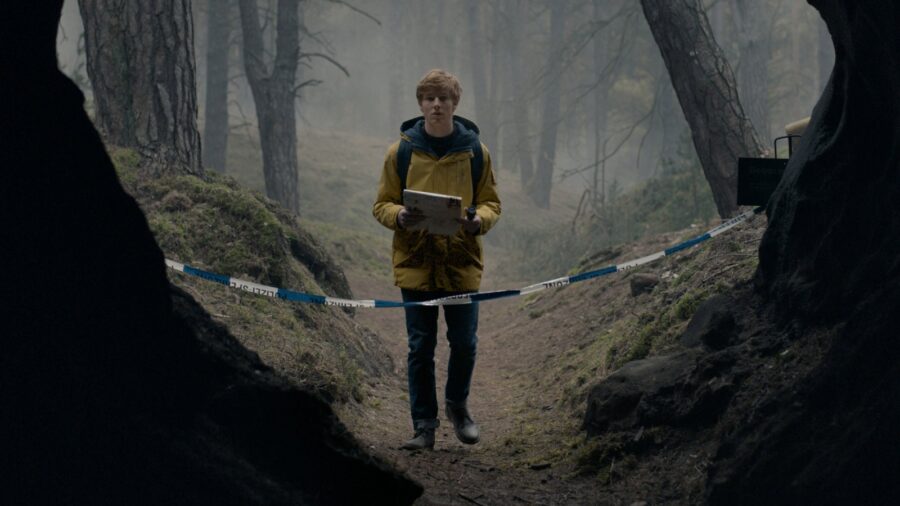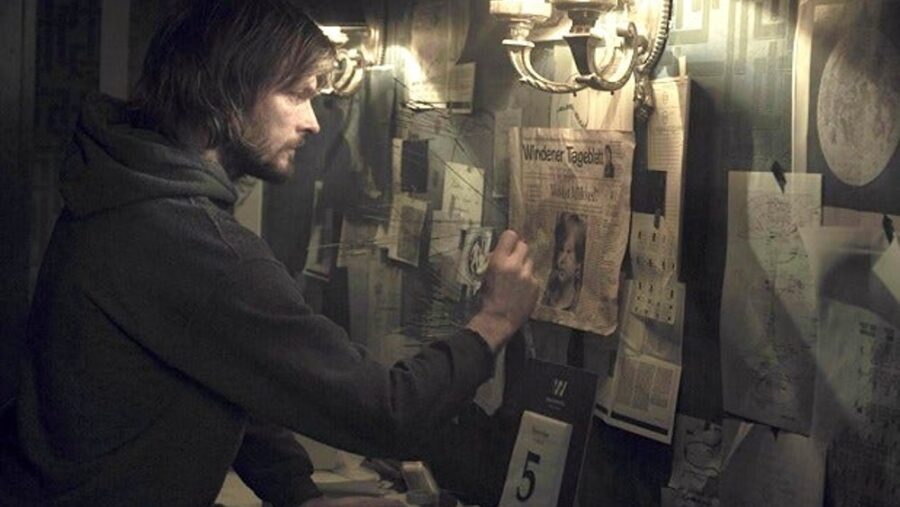The Sci-Fi Thriller On Netflix Stephen King Calls Dark And Complex

When a science fiction thriller series gets Stephen King’s endorsement, you know you’re going to get into some pretty off-the-wall territory. And we can’t think of a show that’s more off-the-wall than Dark, a Netflix original that ran for three seasons between 2017 and 2020. In a recent post on X, Stephen King spoke highly of the series, and praised it for its darkness and complexity.
King was even kind enough to refer X users to MetaWitches for a detailed breakdown of Dark, which will prove helpful in breaking down the various timelines and family trees that span multiple generations and families in the Netflix series.
Boasting the tagline “the question is not where, but when,” Dark takes you from 2019 to 1954, 1987, 2020, and 2053, and centers on a conspiracy about missing children throughout Winden’s history.
This hint will prove useful because Dark has a timeline that’s infinitely more convoluted than 2001’s Donnie Darko, which is a saying a lot. But unlike Donnie Darko, which mainly follows one family’s experience inside of an alternate timeline, Dark follows four families who discover a wormhole beneath a nuclear power plant in the fictional German town of Winden.
Boasting the tagline “the question is not where, but when,” Dark takes you from 2019 to 1954, 1987, 2020, and 2053, and centers on a conspiracy about missing children throughout Winden’s history.
We learn of an apocalypse countdown as the Kahnwald, Nielson, Doppler, and Tiedemann families try to get a grasp of their many realities while uncovering their own dark past family histories. Critics have praised Dark for its intricate story telling, and have compared it to other Netflix originals like Stranger Things, as well as David Lynch’s Twin Peaks for its unique sense of world building that’s full of existential crisis and unknown forces beyond our comprehension.

Though Dark marks the first Netflix original series that’s entirely in German, you don’t necessarily have to watch it in its native tongue. We recommend watching the series in German while reading the English subtitles, however.
Reviewers have praised the third and final season, and assert that Dark won’t “end unfinished like Deadwood, or make zero sense like Westworld.”
Though the English dubbed version is not without its charm, watching the series in its original language makes the storytelling all the better because you are witnessing every piece of dialogue with its intended inflection.
But even if you decide to watch Dark on Netflix with the English dubs, you’re still going to have to do some translating of your own in the form of reconciling the many timelines and complex paradoxes that come along with it.

And Stephen King was right to point you into the direction of supplemental material to help explain the timelines as cohesively as possible, because the family trees that are presented throughout the series only get more complicated as the series progresses, and more timelines are established.
It’s worth noting, however, that Dark isn’t one of those Netflix shows that’s trying to be complex for the sake of being complex. Though there are many breadcrumbs to follow in figuring out every timeline’s rightful place in the narrative, critics have praised Dark for its ability to keep the viewer engaged, and reel them in throughout the entire three-season run.
Given how easy it is to mess up a multiple-timeline story arc, the praise that Dark has received for its consistently baffling execution is nothing to scoff at.
On the critical front, Dark is clearly one of the more superior science-fiction series in Netflix’ catalog. Receiving nearly universal critical acclaim, Season 1 garnered a 90 percent critical score on Rotten Tomatoes. Seasons 2 and 3 are currently sitting at 100 percent, and 97 percent, respectively.
Critics have praised Dark for its intricate story telling, and have compared it to other Netflix originals like Stranger Things, as well as David Lynch’s Twin Peaks for its unique sense of world building that’s full of existential crisis, and unknown forces beyond our comprehension.
The prevailing sentiment among critics is that Dark is meticulously crafted, and that the Netflix series expertly ties up all the loose ends upon its conclusion without sacrificing any of its narrative integrity. Reviewers have praised the third and final season, and assert that Dark won’t “end unfinished like Deadwood, or make zero sense like Westworld.” One reviewer went so far as as to say that Dark is one of the “best series of the century so far.”
Simply put, Dark isn’t one of those Netflix shows that you watch casually while folding your laundry. You will need to be fully engaged with the narrative because the show bends the very fabric of time and space as you’re watching it. But don’t let the series’ inherent complexity be a deterrent, because within its multiple narrative constructs, you will witness very real emotional through lines that stand on their own, no matter what timeline they find themselves in.











